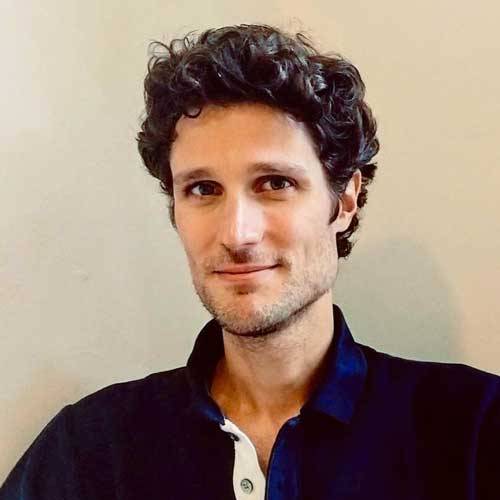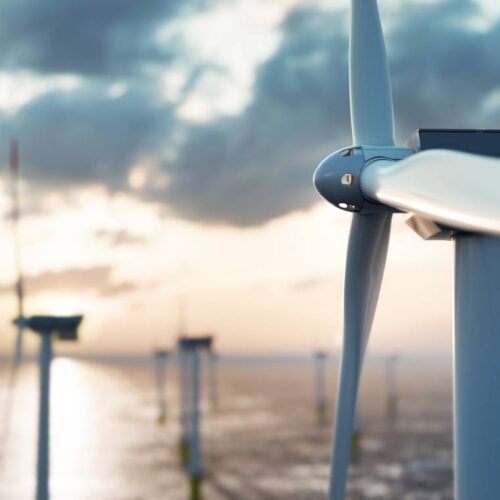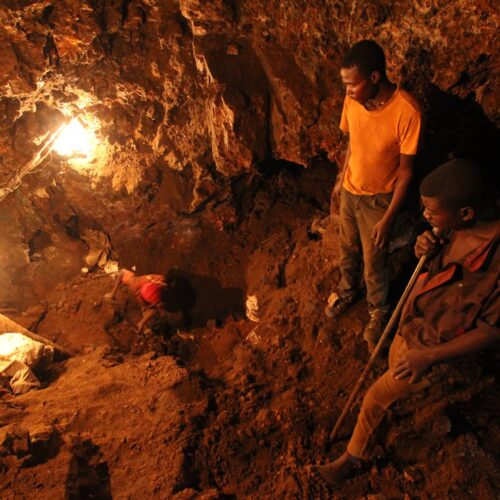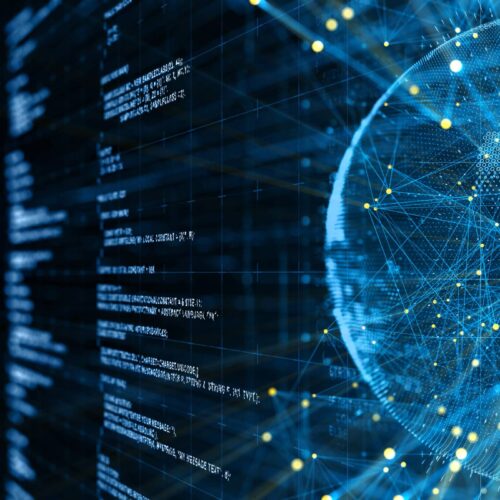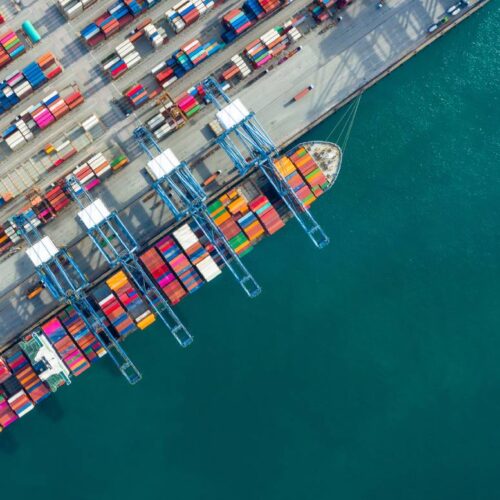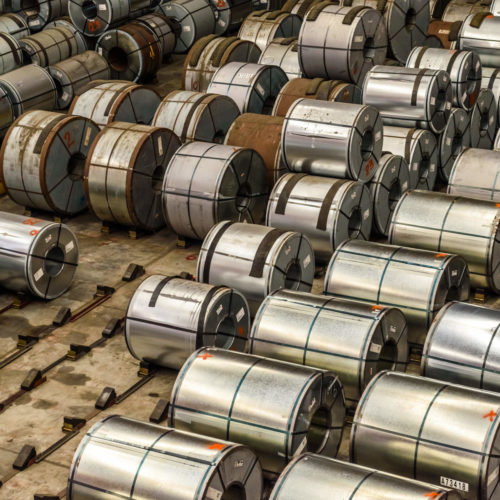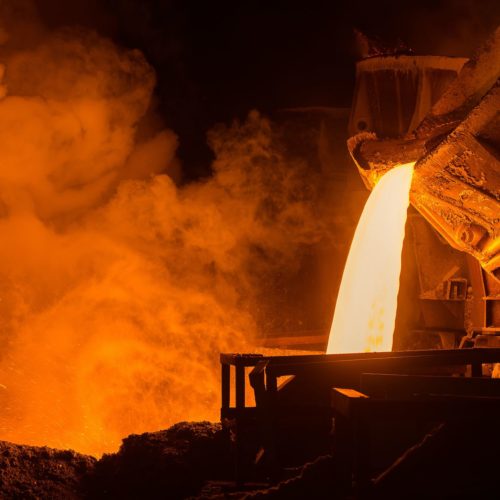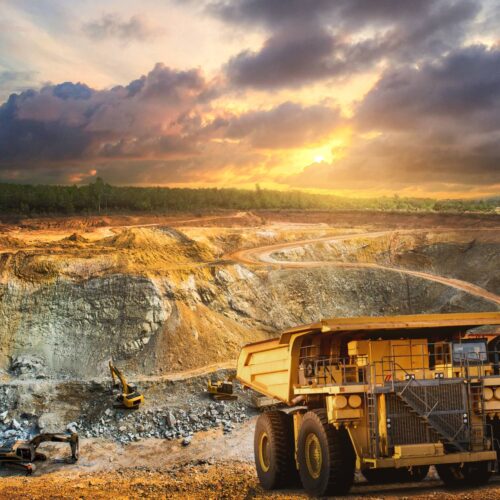
Paolo is a former Principal with RMI’s Climate Intelligence program, with a mission to enable low-carbon commodities by cleaning up the value chains of materials, most prominently steel, metals, cement, and chemicals. While our traditional work stream so far has been about serving industrial players directly, via the provision of techno-economic modeling for solutions to the challenge of decarbonizing industrial energy, we are also focused on creating market-based mechanisms to channel the growing demands of consumers and investors for low-carbon commodities, leveraging accountability drivers such as robust emissions tracking and transparency. This supply push and demand pull effort is made possible thanks to our global team of energy and industry experts, spanning nine time zones from Colorado to South Africa, that has advised on over 500 MW of projects between the Americas, Africa and Australia, working with industry leaders such as BHP, Anglo American, and Gold Fields.
The Initiative, and Paolo’s role, built on over four years of experience in Sunshine for Mines, the former RMI program on carbon reduction in the mining industry. We have been advising our clients (and continue to do so) on serving the electric load of their operating sites, repurposing their closed sites into renewable energy facilities, as well as broader energy innovation and strategies related to non-electric load, non-energy emissions, and carbon pathways encompassing all of the above.
Background
An expert in energy markets, Paolo joined RMI in 2015. Prior to Sunshine for Mines he was part of the Business Renewables Center (now the Renewable Energy Buyers Alliance), an initiative of RMI aimed at facilitating the addition of 60 GW of renewable capacity to the U.S. electricity grid by 2030 via large off-site Power Purchase Agreements (PPAs).
Paolo’s energy expertise matured in the oil and gas industry across different geographies. He held roles in regulation, business development, and commercial strategy for natural gas at Statoil (now Equinor), during an interesting time in which the company invested in U.S. shale gas production. He also spent time as an oil and products originator for Eni Trading & Shipping, focusing again on the U.S., as well as East Africa. Prior to turning to the private sector, he had served at the World Bank, the Council of the European Union, and NATO.
Paolo has published on topics related to electricity, natural gas, trade, and energy policy, and has been a fellow of the Transatlantic Academy. He teaches an annual course on the clean energy transition at Sciences Po in Paris.
Education
Ph.D., Economic History, University of Cambridge
MA, International Relations, Johns Hopkins SAIS
BA, International Studies, University of Bologna
